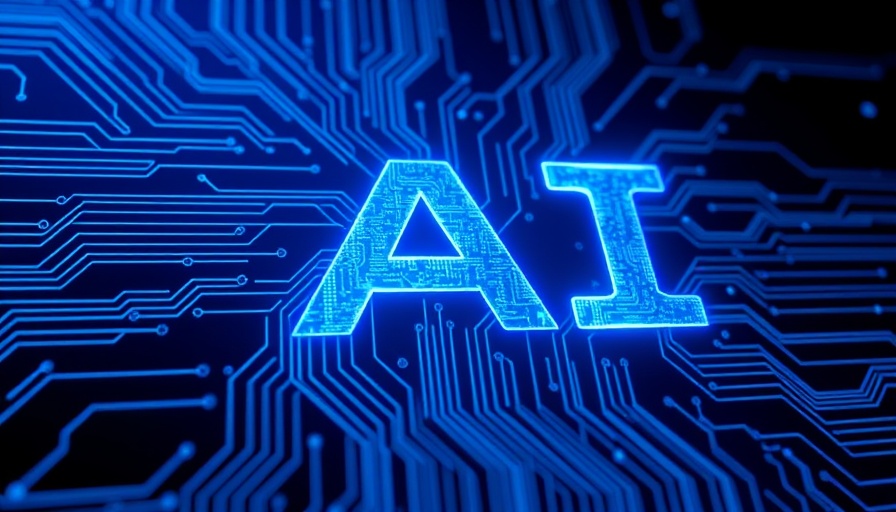
The Evolution of AI in Legal Tech
This year, Legalweek 2025 noted a momentous shift in how generative AI is being integrated into legal software. Unlike previous iterations that merely enhanced user interfaces, companies are now embedding AI technologies deep into their platforms, transforming how they operate. These advancements are making legal practices more efficient by intelligently analyzing data and providing actionable insights.
Understanding Agentic AI: A Game Changer
A key focus at the conference was "agentic AI." This term refers to AI systems that not only generate responses but also function autonomously to make informed decisions. This new category of AI enables legal platforms to deliver customized services that significantly enhance operational efficiency. The feedback from various vendors highlighted a consensus: AI is evolving into an entity that proactively assists rather than just passively processes information.
Real-World Applications of Embedded AI
During the event, vendors shared numerous examples of how embedded AI is reshaping their offerings. For instance, DISCO is transitioning from an e-discovery tool to a litigation intelligence system that can strategize and assess risks based on existing data. This evolution allows the AI to extract themes and trends from documents, propelling the legal practice into a more analytic and strategic field.
LexisNexis and the Rise of Protégé
LexisNexis unveiled Protégé, a generative AI assistant aimed at automating a substantial amount of legal work such as drafting and clause analysis. By mining integrated Document Management Systems (DMS) and contract datasets, Protégé creates tailored workflows specific to an individual’s practice area. This balance of control and automation represents a significant step forward in legal operations, ensuring that professionals can focus less on mundane tasks and more on strategic decision-making.
Future Trends: What Lies Ahead for Legal Tech
The predictions surrounding agentic AI suggest a future where legal professionals will increasingly rely on AI to inform decisions. As these systems become more accurate, their role in drafting, strategy formation, and risk assessment expands. The ultimate goal appears to be a seamless integration of AI that supports and augments human intelligence, ensuring not only efficiency but also generating more thorough and reasoned legal documents.
Challenges and Considerations in AI Adoption
Despite the exciting advancements, there are challenges that the legal industry must navigate as AI becomes more embedded. Concerns over reliability, ethical considerations in AI decision-making, and the necessity for skilled labor to oversee AI outputs are all points of discussion among legal experts. As firms adopt these technologies, training and oversight will become crucial to ensure quality and ethical compliance.
Steps Moving Forward: Adapting to New AI Tools
Legal professionals looking to leverage these advancements should start by gaining a solid understanding of how these platforms operate. Embracing training opportunities to learn the intricacies of these AI tools can vastly improve a firm's overall productivity. Meanwhile, consistently evaluating the efficacy and ethical aspects of AI outputs is essential to harnessing its benefits while mitigating risks.
As the field of legal technology shifts toward relying heavily on embedded AI like agentic AI, understanding these trends and tools is crucial for AI enthusiasts who want to appreciate and influence the future of this field. The integration of AI not only transforms legal processes but introduces new possibilities that can enhance overall legal service delivery. Keep your eye on future developments and prepare for a world where AI becomes a vital partner in legal work.
 Add Row
Add Row  Add
Add 




 Add Row
Add Row  Add
Add 

Write A Comment